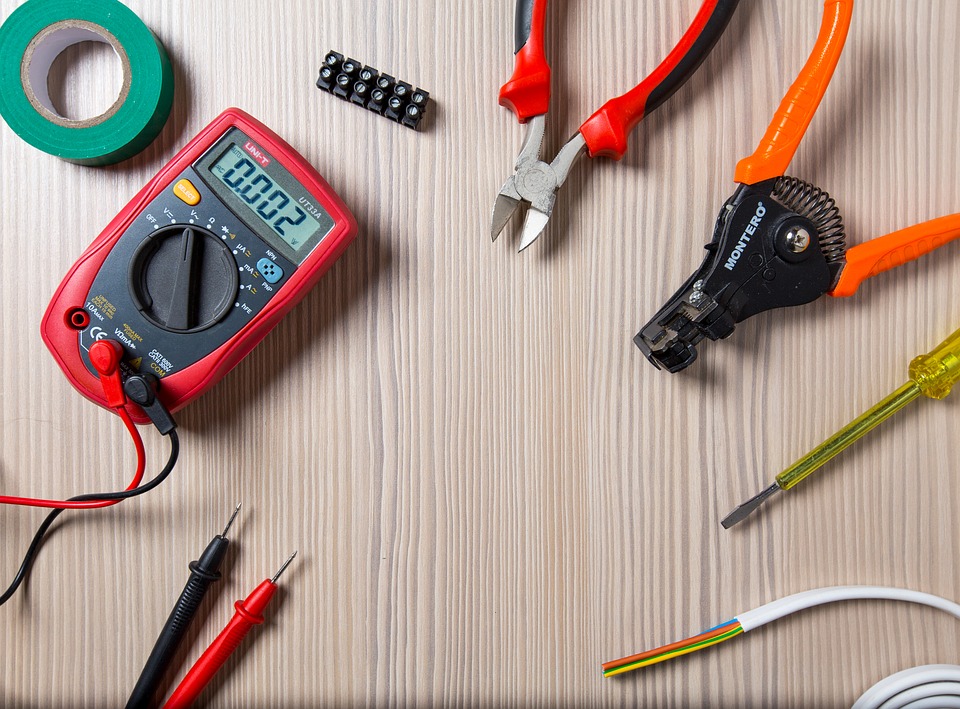Becoming an Electrician
Is it for you? Electrician is a broad term that covers a diverse range of jobs. The particular work undertaken by an electrician will depend upon their own specialist training and experience, although it will involve the installation, maintenance and/or testing of electrical systems, equipment or appliances. View more information.
Electricians operate in areas including telecommunications, health and safety, domestic and industrial electrical installation and maintenance, IT, security, fire and safety systems, portable appliance testing, process control and building management systems.
Read More: The Need for Electricians is on the Rise.
Many electricians are self-employed or work as contractors, while others are employed by building firms, local authorities, engineering companies, electrical manufacturers and power suppliers. They can work both indoors and outdoors, in residential areas as well as building sites and commercial buildings.
An example of a company that works in a wide range of industries is Speedy Electrical who is based in Brisbane. Their team consists of five electricians that all specialise in expert electrical solutions for home and business owners in the local area. Find out more.

An insight into an electrician’s life
Hours of work vary widely, although they are usually around 37-40 hours per week with the possibility of overtime and weekend work. Some electricians are involved in shift work.
Salaries are dependent upon experience and specialisms. The Industry Training Board recommends a rate of around £10,000 for apprentices with £17,000 the average basic starting salary rising to £23,000 + for experienced professionals with ‘approved’ status. Reasons to train.
However, many electrician firms pay their employees much more than this with an average of £40K+. This will depend on your employer.
Data cabling
Data cabling is a role that is often tied in with the role of an electrician as the also work with electricity on a day-to-day basis as part of their job role.
A data cabler must have a valid ECS or CSCS card which proves they have the correct site health and safety knowledge and training in order to carry out their job safely.
A data cabling engineer’s tasks may include:
- Joint remake’s
- Block and Tails
- Length renewals
- Pcp terminations
- DP tap outs – using a tester 9083.
- UG cabling/Cable recovery
- Installing overhead drop wires
- Working with Arial cables
- Internal cabling.
- Working with both the underground and overhead Openreach copper networks.
- Working to ‘tone out’ or ‘tap & Verify’ to prove a given cable’s continuity.
- Working with Openreach
- Working at heights and in varying field environments.
- Updating and interpreting records of daily work logs, data recordings and network maps.
- Adhere to all Health & Safety, Quality and Environmental policies
On average a fully qualified data cabling engineer is paid between £15 and £20 pounds an hour.
This is due to the intense skills and training that they must undergo to become a fully qualified worker.
Is this the right career for you?
A career as an electrician may be for you if you:
- Possess good people skills (important given that many electricians deal directly with the public)
- Confident working independently (many electricians are self-employed, and often work unaccompanied. Can you work on your own initiative?)
- Are practical (electricians should be good with their hands and able to use a variety of tools effectively)
- Are methodical (with the ability to follow safety guidelines and procedures)
- Are good at solving problems (and able to apply technical knowledge to identify and repair problems)
- Are physically fit and in good health (some work may be strenuous and demand a head for heights and a degree of physical strength. All electricians are required to have normal colour vision.)
Another popular trade job is a plumber. Read more.


